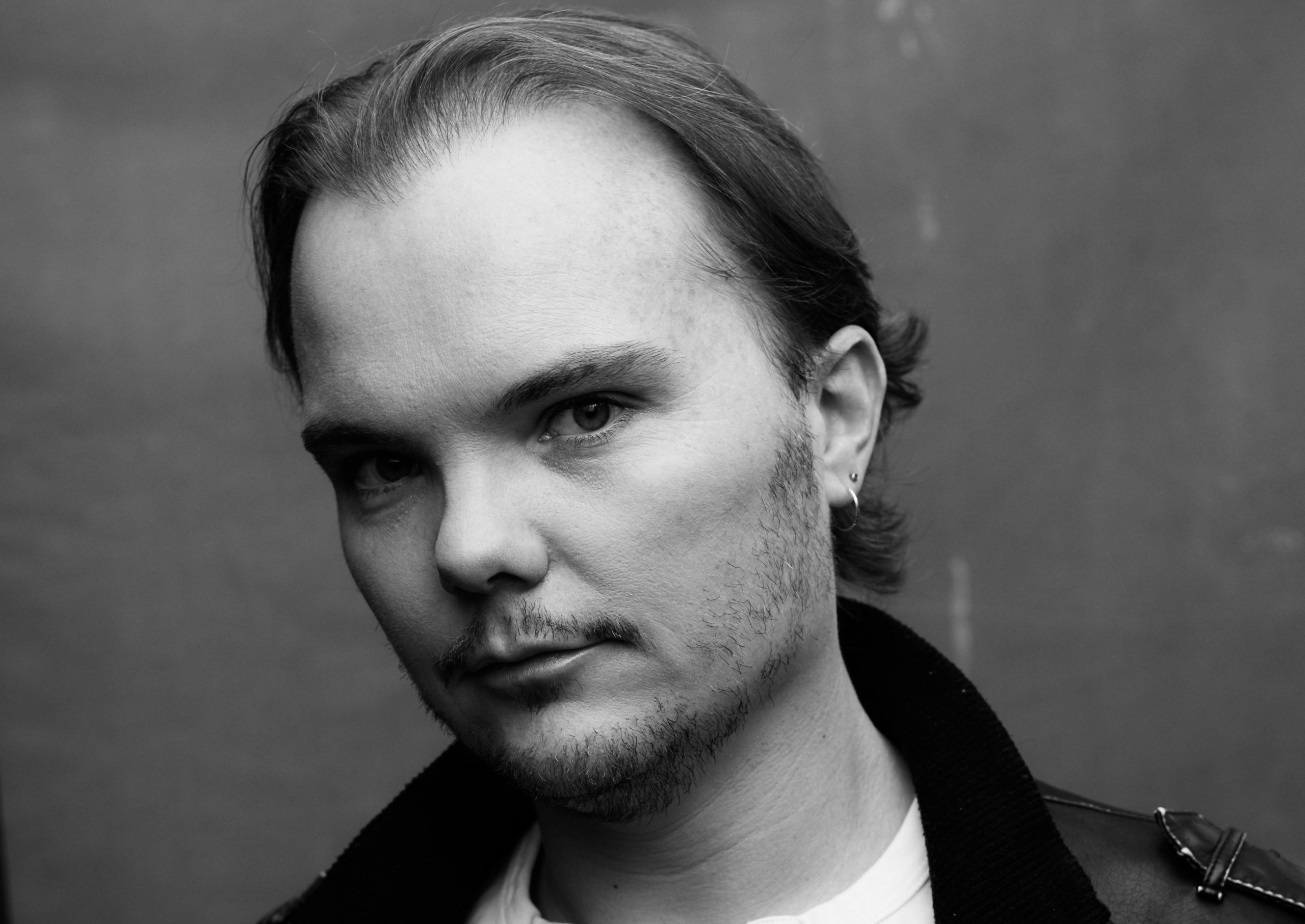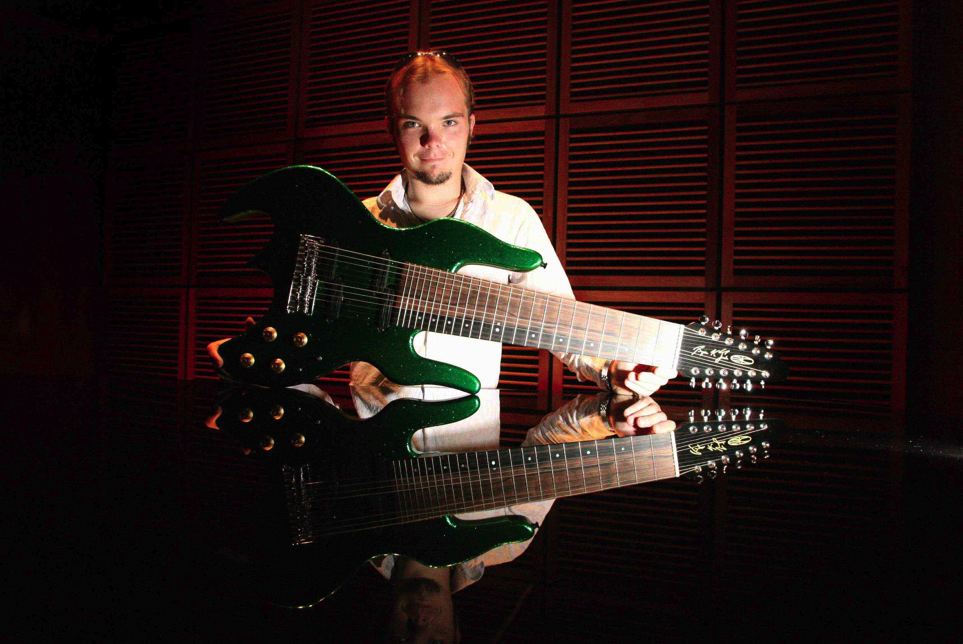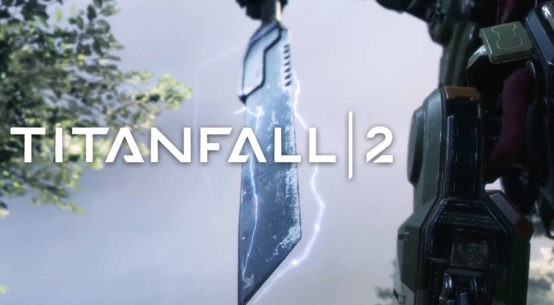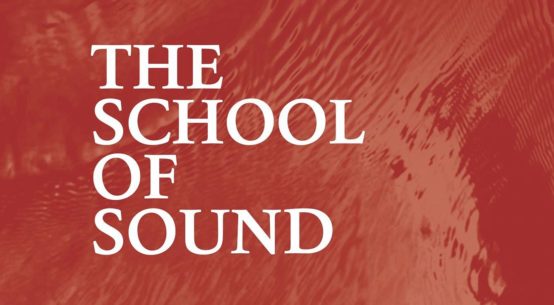
Sam Hughes speaks to Bryce Jacobs about his career so far and more!
Bryce‘s recent film project “Random Tropical Paradise” by Gunpowder and Sky Distribution was released June 9, http://variety.com/2017/film/n
With this instrument he has lent his guitar expertise/talent to many projects’ scores including most recently Netflix’s original film “Sand Castle” starring Henry Cavill that was released back in April and titles such as Fifty Shades of Grey, Man of Steel and Rush.
Before we get into some of your more recent projects, can you tell us a bit about your path into composing?
I initially was obsessed with improvising when I started playing guitar – that evolved into songwriting – then naturally led to all-out composing. When I was 17 in my last year of High School (shout out to Kirrawee High!), we had a composition component to our senior music class requirements. I found I spent way more time than I needed on this two minute piece (all because I was loving it so much). I did a composition minor in my Bachelor degree, and once again, I became super obsessed with it. I first came to the states in 2004 and met with a prominent music supervisor who had listened to my music. He asked me if I had ever considered being a film composer (since he heard that sensibility in my songwriting and band work). It was the first time a professional had identified that in my writing. I went back to Sydney and decided to apply to do a Masters in Composition. As I was realizing that I had such a hybrid sensibility between orchestra, electronica and bands, I also realized that the last place you could really get away with that was in film. So, naturally I started becoming more and more drawn to it. More than this, I loved the idea of being one important part of the film making process – one where you can stand back at the end of a project and know that it was a collaborative effort between many people, all too hopefully bring some story telling magic to life. One of my lecturers from university (Jessica Wells) had an orchestration company called Jigsaw music, so I actually started as an orchestrator in the business- – a fantastic path that led composing.
I’m always very interested about composers’ approaches to scoring. What does your process look like- straight to MIDI, do you start with notation, etc?
Well, anything can happen at the start when I’m searching for a way in, but usually I get inspired by an idea or even an instrument or a sound, and then I’ll hit record on my phone and see what stream of consciousness happens – somewhere in the mess an image starts to appear. I might record and program some initial ideas that I’ll then cut up and move around in the writing/producing process, then start to incorporate other elements to help flesh it out. From there, I’ll do any final tracking this side of orchestra being recorded and mixed, etc.
From reading previous interviews, I’ve learned that you highly prize having a unique voice as a composer. Could you tell us some about your journey towards your voice, and perhaps influences on your style?
I’ve always loved and respected the pioneers of any genre; from Debussy to Miles Davis; Led Zeppelin to Massive Attack; Peter Gabriel to Tool – I would jump from one extreme to another and marvel at how they all had created and cultivated their own unique voice. I’ve always found it incredibly important to cultivate a real identity – to inject your personality into what you do. You can’t really compete with a personality, you’re either drawn to it or you’re not. How can you compare Jeff Buckley to The Mars Volta? – You simply gravitate to one more than the other, and the decision is different for all of us. When I started to understand recording, engineering and technology a little more, I immediately began experimenting with bringing together disparate ideas and concepts… a large degree of that was experimenting with the sonic landscape of guitars. Before I understood synthesis, I knew guitars, and would experiment with creating synthesized or orchestral like sounds with them. By default, I was already embarking on my own way of composing and producing (you can hear the blue print of that in the very first short film I did). If I’m worth anything in what I do it is because I have done a vast array of listening – constantly thinking how one extreme relates to another… and the sinuous connection is usually via emotional or narrative subject matter.
You’ve done a wide variety of projects in the past. “Random Tropical Paradise” is a comedy, certainly a very different type of film than “Rush”, for example. How do you go about preparing and writing for a different style of project while still keeping your voice intact?
I think in the interest of being innovative, it kind of starts with a simple idea that you explore and cultivate. Hans Zimmer has been one of the leaders in this area. When working with Hans on “Rush”, he told me to go and do something only with guitars (a concept I hadn’t really entertained since I was 15 while intensely listening to Zeppelin, Floyd, Hendrix, Deep Purple and Sound Garden, among others). Because of that initial limitation, it really propelled me on a bit of a creative escapade. “Random Tropical Paradise” is connected by the cultivation of its own initial ideas; largely by taking Tropical instruments and turning them inside out – all to fortify the sentiment and comedy of the film. These instruments in the score can have moments of more literal use, then shoot across to a completely unconventional approach. I really experimented with a Pedal Steel, Ukulele and a Fender Stratocaster (plus other guitars in my collection). Writing the feature song, “Best Man”, was a personal highlight for me as it is one of those times when I get to bring score and song together. The result of these films is obviously quite different… but the “way in” is kind of the same, and you can’t really deny your personality shining through in whatever you do.
Is there any type of project you’ve been dying to get your hands on? Describe to me a dream project of yours.
I do have a love of great biopics (like “Rush”), as I feel there is a real responsibility to help tell the story of those who really lived it…. then again, I’m also a huge fan of great left-of-center drama. All-in-all, a great story can take any form and I’m generally attracted to that regardless of genre. From “American Beauty” to “Wall-E”, or “Back to the Future” to “Dirty Rotten Scoundrels” … you can have the most fun and fulfillment with a great story that you find a way to tell musically (all of my favorite films have had a real signature sound to them).
 Bryce with his 7 Octave Guitar!
Bryce with his 7 Octave Guitar!
For those who don’t know, could you tell us a bit about your BKJ 12-string guitar, and what inspired you to create it?
In my first year at university, I was so taken with orchestral music, at the same time noticing that the great composers were not really concerned with guitars. I wondered how you could bridge that gap. I thought if you based a guitar on the range and capabilities of a piano, you could really bring it into a new light. The design, construction and implementation were all a part of my Masters degree; part of this was to prove its success with piano repertoire, and at the same time, write and perform my own music successfully on it. I’d studied so much repertoire as part of my Bachelor degree that I just wanted to move onto writing and experimenting with my new instrument. It then took on a natural progression to become an important part of my composing and producing as I was moving more into the profession.
Other than using it to compose your own music, you’ve also played your instrument on a variety of other composers’ work. Could you go into one or two of the more engaging collaborations you’ve had with other musicians, and what you’ve enjoyed and learned from them?
As I mentioned earlier, I worked pretty extensively with Hans on “Rush” (which was a very rewarding experience). Given the film was set in the 70’s, Hans wanted to explore the creative offerings of guitars (my own designed included) – then let that inform the orchestral and electronic writing/producing. At the same time, the guitars still had to have a modern edge to bring it today’s audience. Hearing all these guitars with orchestra and synthesizers firing away in cinematic surround was super rewarding to say the least. My guitar can go as low as a piano, but what I hadn’t heard until that moment was all the sub energy it was capable of. In the closing credits, it really takes over the cinema – and that… was awesome. I also played on “50 Shades of Grey” for Danny Elfman; a very different process and collaboration – you learn so much from such different approaches. I’ve also worked with artists such as KT Tunstall. We did a short film together a few years back called “Carried”, and more recently, a complete cinematic reinvention of Zeppelin’s “Achilles Last Stand” with a bunch of layered instruments – guitars, orchestra, synths and a choir of KT. I’ve played in bands since I was 12 years old and I truly love the collaborative process. Whenever you work with someone, you are engaging with another musical personality… and when you work with people that are inspired and/or really know what they’re doing, it can make for such a rich cross-pollinating experience.
I find your quest to use guitar in more than just stereotypical “guitar genres” very inspiring. Do you think there has been a change in the public’s view (or other musicians’ view) of the guitar as an instrument in music creation since you’ve started this journey?
I think to a certain extent, but for the most part, guitar is still perceived in its more traditional settings (which we all know and love). There is a real shift in scoring and music production in recent times. Many scores nowadays are coming from a record producing type place. With the constant quest for new and interesting sounds, I think we will only see more of that from guitars over time. I started playing guitar as a kid in 1991, and it was an incredible year for really innovative and iconic guitar based albums: Nirvana’s “Nevermind”; Metallica’s “Black”; Pearl Jam’s “Ten”; Red Hot Chili Peppers’ “Blood Sugar Sex Magic”; Guns ‘n’ Roses’ “Use Your Illusion 1 & 2”; U2’s “Achtung Baby”; REM’s “Out of Time”; Soundgarden’s “Bad Motor Finger” – the list is astounding and the list goes on. It was a really interesting time where the hard rock and metal of the 80’s was overlapping with the ushering in of the Grunge era of the 90’s. Then shortly after, dance and trip-hop evolved into main stream. I really started to explore what a guitar could do in those realms – a fun diversion from guitar based music and something that very much informs my writing, production and performance still.
As has already been established, you are not only a prolific composer but also a successful instrumentalist. How do you balance music composition with performing and practicing?
They kind of all go hand-in-hand. I play on the majority of what I do, plus work for other composers from time-to-time. The more I have a guitar in my hands the more I’m keeping my playing up. I did the required 5-8 hours a day at university, but now it’s more about constantly playing while still shooting for new territory to explore along the way.
I’m interested in hearing about your experiences as an Australian composer living in the United States. Have you found there have been any advantages or disadvantages? How has adapting to American culture been?
I truly value the combination of being an Australian living and working in America. In 2008/9, I moved over with my very devoted wife after attaining an assistant job on the 89th day of a 90-day visa waiver (5 hours before getting on the plane). We started off very humbly in a 375 sq/ft apartment in Santa Monica near the studio after selling off whatever we could back home. This was right when the economic crash happened – I lost half my money and pretty much cashed in my savings to pay the legal fees for our visa. Both my wife and I would constantly get caught off-guard by the subtlety of cultural differences. Although it was another Western culture mostly aligned with parallels in Australia, some of the differences were staggering that we encountered and the smallest things would catch us off-guard. I started as an intern… a lot of things were asked of me that would be a throw-away request for an American, but an absolute mystery to an Aussie. Can you FedEx this; can you get me a Pepto-Bismal; can you order some Mexican food? These small requests were literally quite foreign. We use FedEx in a very different way to America; only heard of Pepto-Bismal in the movies; and the only Spanish I knew were musical terms. Australia does many great types of cuisine that are prevalent throughout, but Mexican is scarcer – so trying to read and pronounce “Quesadilla” over the phone with an Aussie accent failed every time. There was also the fact that I’d gone from playing the “Big Day Outs” in Australia and “Glastonbury” in England as a touring musician, to doing the most basic of chores to keep the studio running (walking all over Santa Monica for four hours to find the right kind of Kosher Rock Salt is one random memory that just came to mind). No one knew me here, or my history, and all was about proving your work ethic (and I was fine with that). I also was happier, as I felt like I was on the path I was meant to be on. In all seriousness, the hardest thing for us was missing our family and friends and not having the money to travel back that often. You feel like your previous life has become an old movie you once saw. Inevitably, as time passes you move on, and in the midst of the history you miss with your closest friends, you are actually creating new history with new people that you’re becoming equally close to. Most people here (including Americans) are not from L.A., so there are many parallels between us. The hardest has definitely been not being able to support family from afar as close relatives get older, where to buy cialis no prescription or are going through some unexpected life experiences, or at worst, passing away. It’s also hard when your own country looks at you from the outset as if you are home-and-hosed, when in truth, you’ve had to completely start again and build it from nothing. We’ve had many confronting moments, and as I say to anyone else crazy enough to want to do what we have done, it is more of a philosophical question than a professional/musical one – do you honestly feel this is what you are meant to be doing? It’s hard enough when it is! I was in my late 20’s when I came here and had already travelled and lived a life that I was ready to pour into my writing… and being Australian felt like I was coming from a fresh place. My American life and experiences have only built on this.
And lastly, if you could have a drink with any musician, living or dead, who would it be and why?
Such a hard question – and I really want to cheat and make it a banquet of these kind of people, but here it goes:
My number one would have to be Jimmy Page. He really started me on this quest to explore every nook and cranny of what guitars can potentially do. With his work in Led Zeppelin, he would orchestrate guitars in such a manner that was not only way ahead of his time, but really lies outside of time itself when it comes to the overall progress of the instrument (some extended techniques are just as fresh today as they were 40 years ago). I would listen to these war siren type sounds in the music and find out it was slide guitar reversed with the tape slowed down; or wonder how he was getting so much edgy sonic power from the main riff in “Babe I’m Gonna Leave you” and realize that he had this raw electric guitar sitting just on the surface, giving the edge to the acoustic guitars, bass and drums… and then, “Stairway to Heaven”… Game Over!!
Here’s a sneak peak at a track from Bryce’s soundtrack for Random Tropical Paradise entitled Best Man:
LINKS
Official
Soundcloud
We hope you enjoyed the interview, check out more over at our Interviews page and don’t miss a thing by signing up to our Monthly Newsletter!
The Sound Architect




